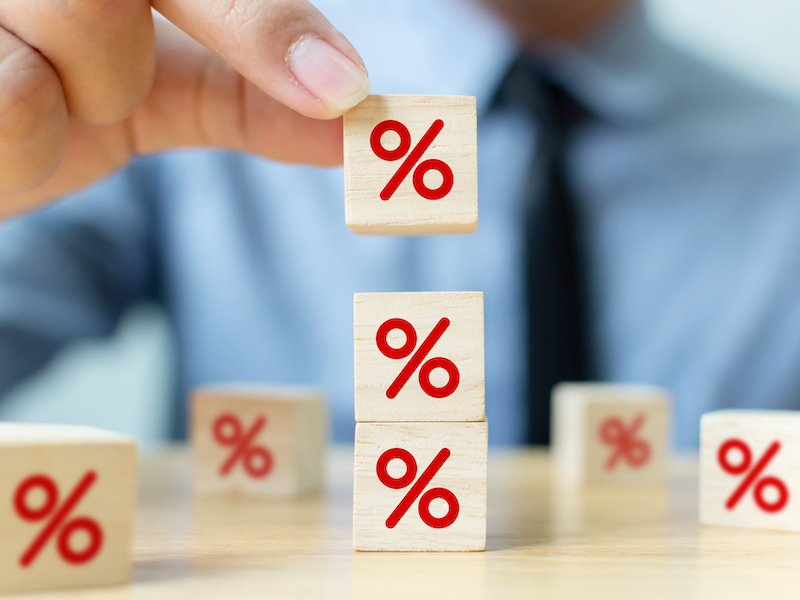
Bank of Canada deputy governor Paul Beaudry says recent economic data suggests the risk of sticky inflation has gone up, prompting the central bank’s decision to raise interest rates on Wednesday.
Beaudry delivered a speech to the Greater Victoria Chamber of Commerce Thursday, one day after the central bank announced it was raising its key interest rate by a quarter of a percentage point, ending its pause on rate hikes and bringing the rate to 4.75%.
Beaudry said economic data released since April “tipped the balance” for the central bank.
“We’ve had an accumulation of evidence — on many fronts, over time and across a whole set — that tell us that inflation seems to be more sticky and it’s going to be harder to get it down to that 2%,” Beaudry said.
“It’s that accumulation of evidence that brought us to our (rate) decision.”
After raising interest rates eight consecutive times, the Bank of Canada announced in January it was pausing its rate-hiking cycle. It appeared cautiously optimistic that interest rates might have been raised high enough to quash inflation, but governor Tiff Macklem had stressed the central bank would be ready to jump back in and raise rates further, if necessary.
Since then, the Canadian economy has continued to surprise forecasters who had anticipated a slowdown to hit by now.
In his speech, the deputy governor says stronger growth, a tight labour market, and a rise in inflation in April suggest interest rates were not high enough.
Last week, Statistics Canada reported real gross domestic product grew at an annualized rate of 3.1% in the first quarter.
Beaudry says the rapid rise in consumer spending took the central bank by surprise, while buyers appear to be returning to the housing market.
Progress made on the inflation front was also slightly reversed in April, as the annual rate ticked up to 4.4%.
Meanwhile, the labour market has remained remarkably resilient, with an unemployment rate of 5%.
“When we looked at the dynamics in inflation combined with excess demand, that really has increased the risk that we are not going to be able to get inflation down without a bit more monetary tightening,” Beaudry said.